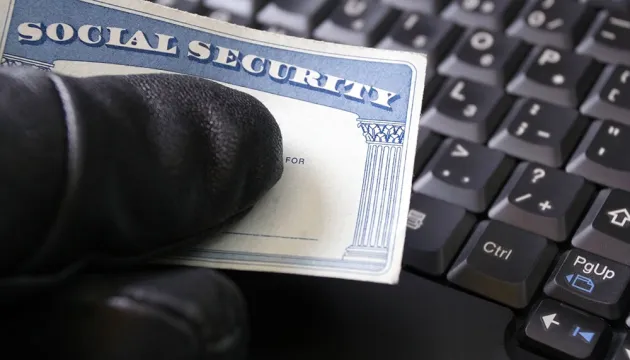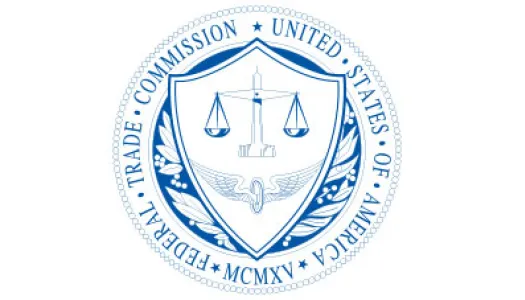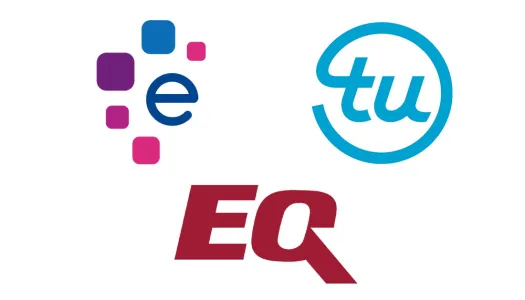What is Identity Theft?
Identity theft happens when someone uses your personal or financial information without your permission. They might steal your name and address, credit card or bank account numbers, Social Security number, or medical insurance account numbers.

How Does Identity Theft Happen?
There are several ways that scammers can steal your identity, including in person, online, through social media, and by phone. Thieves can steal your wallet or go through your trash to retrieve account numbers. Online, scammers can sometimes get personal information from public Wi-Fi or through social media, or use “phishing” techniques to get information from you through fraudulent email, texts, or phone calls.
How to Protect Yourself
Be aware of your surroundings and think before you immediately respond to requests that may seem suspect, so you can make sure they are legitimate. Tips include do not answer phone calls, texts, social media messages, or email from numbers or people you do not know. Do not share personal information like your bank account number, Social Security number, or date of birth and store these documents in a secure location. Collect your mail every day and place a hold on your mail when you will be on vacation or away from your home. Review credit card and bank account statements. Watch for and report unauthorized or suspicious transactions. Create and maintain strong passwords and log in information that’s not easy to guess. Following these practices will help you avoid someone stealing your identity. If it does happen to you, know there are resources to help you correct it.
Report Identity Theft
Report anything you think may be identity theft – in a scam, cybercrime, or data breach – and get a recovery plan. The FTC, your credit union, and credit reporting agencies can all be resources to help you stop the theft and reclaim your identity.
-
 The FTC protects the public from deceptive or unfair business practices including identity theft and from unfair methods of competition through law enforcement, advocacy, research, and education.
The FTC protects the public from deceptive or unfair business practices including identity theft and from unfair methods of competition through law enforcement, advocacy, research, and education. -
 Call the fraud department at your credit union or bank, your credit card issuer, and your utility companies to help you close or suspend your accounts and prevent additional damage. You'll also want to change all login information and PINs associated with your accounts.
Call the fraud department at your credit union or bank, your credit card issuer, and your utility companies to help you close or suspend your accounts and prevent additional damage. You'll also want to change all login information and PINs associated with your accounts. -
Credit Reporting Agencies
 Ask the three major credit reporting agencies (Experian, TransUnion, and Equifax) to place fraud alerts and a credit freeze on your accounts.
Ask the three major credit reporting agencies (Experian, TransUnion, and Equifax) to place fraud alerts and a credit freeze on your accounts.
Frequently Asked Questions
Common Credit Counseling Scams include the following.
- Upfront Fees – Scammers often demand large upfront fees before providing any services. Legitimate credit counseling agencies typically do not charge significant fees upfront.
- Overpromising – Fraudulent companies may promise to erase accurate negative information from your credit report, which is not legally possible.
- Lack of Transparency – Scammers may not explain your rights or the details of their services clearly. They may push their own programs without considering your specific needs.
- Complex Contracts – Contracts that are difficult to understand or filled with legal jargon can be a red flag. Legitimate services should provide clear and straightforward agreements.
Common debt relief scams include the following.
- Guaranteed Debt Elimination – Scammers may guarantee complete debt elimination, which is unrealistic. No company can guarantee that creditors will agree to settle for less than what you owe.
- Upfront Fees – Similar to credit counseling scams, debt relief scams often require significant upfront fees before any services are rendered.
- High-Pressure Tactics – Scammer may use high pressure sales tactics to rush you into signing up for their services without giving you time to consider your options.
- False Claims – Some scammers falsely claim they can negotiate with creditors to reduce your debt significantly, but they either do nothing or provide minimal assistance with charging high fees.
If you are asked to provide financial information, it may be a scam. Exercise caution with any phone calls, text messages, or emails that claim to be from your credit union, law enforcement, or your phone service provider, especially if they ask for personal or financial information or prompt you to transfer money to a different account. Legitimate credit unions and other institutions will never solicit such details or request these kinds of transfers from you. If you receive such a call, note the department they claim to be from and return the call using the number you have for your credit union on file. Be aware that scammers might supply a number that connects you to another scammer impersonating a credit union employee.
Using your phone for online banking raises several security concerns.
- Phishing – Cybercriminals may send emails or texts that seem to come from a trustworthy source, but their true goal is to deceive you into clicking on a harmful link or providing personal details.
- Insecure data storage – Some apps may save sensitive information such as login credentials and transaction records on your device. If this data is not properly encrypted, it could be accessed by malicious individuals.
- App vulnerabilities – Although mobile banking apps are typically safer than using a web browser, some developers might not adequately address the risks of fraud and money laundering during the development process.
- Coding errors – Errors in coding can introduce vulnerabilities that disrupt an app's functionality, potentially leading to unintended issues.
Consider installing a virus scanning tool on your phone and computer. Ultimately, it's important not to save your online passwords on your phone. Additionally, consider implementing multiple layers of identification, such as using a password along with having the credit union send you a PIN via text.
If you experience property damage due to a disaster, you should contact your insurance company as soon as possible to verify that you have coverage and start the claims process. This will probably involve you taking an inventory of damaged property and providing the insurance company with available photos or video to prove the validity of your claim. Contact your creditors including mortgage servicer and utility companies to see what options are available to reduce or delay payments, prevent foreclosure, loss of service and derogatory credit reporting. Disaster survivors can also contact the Federal Emergency Management Agency (FEMA) to apply for assistance at 800-621-3362 or their website at FEMA.GOV.
Unfortunately, it’s common for scammers to prey on victims of disasters because victims are extremely vulnerable and sometimes desperate to receive assistance. Some examples of this include:
- Contractor Fraud – Unethical contractors sometimes misrepresenting themselves as being affiliated with government entities will scam victims out of funds resulting in shoddy repairs or no repairs at all.
- Price Gouging – The practice of increasing prices of high demand goods and services during a disaster.
- Forgery – Scammers will use a disaster as an opportunity to get access to victims’ personal information and documents to commit identity theft.
- Charity Fraud – Scammers posing as representatives from notable charities including the Red Cross will solicit funds from donors who want to help those affected.
If you are a victim of a scam, you can contact the National Center for Disaster Fraud (NCDF) 24 hours a day. 7 days a week through their hotline number 866-720-5721.